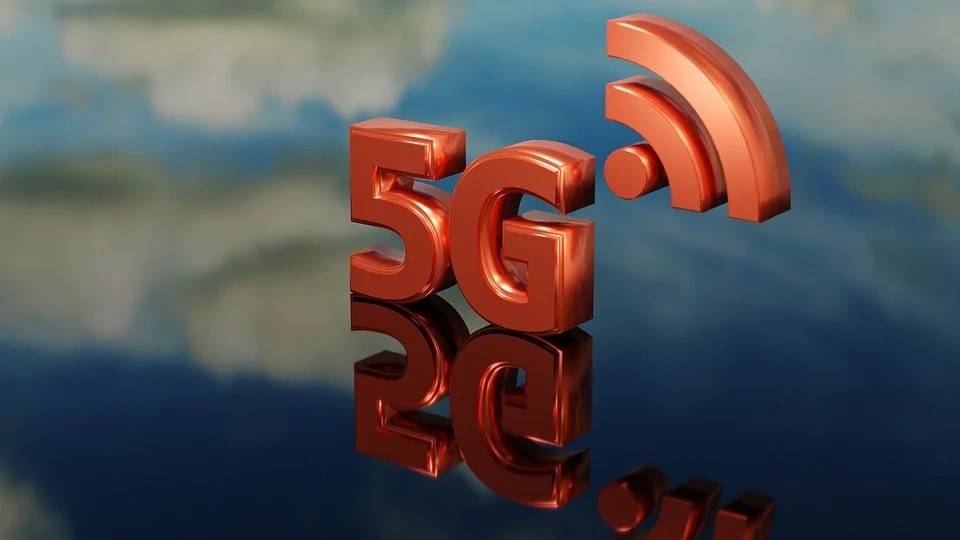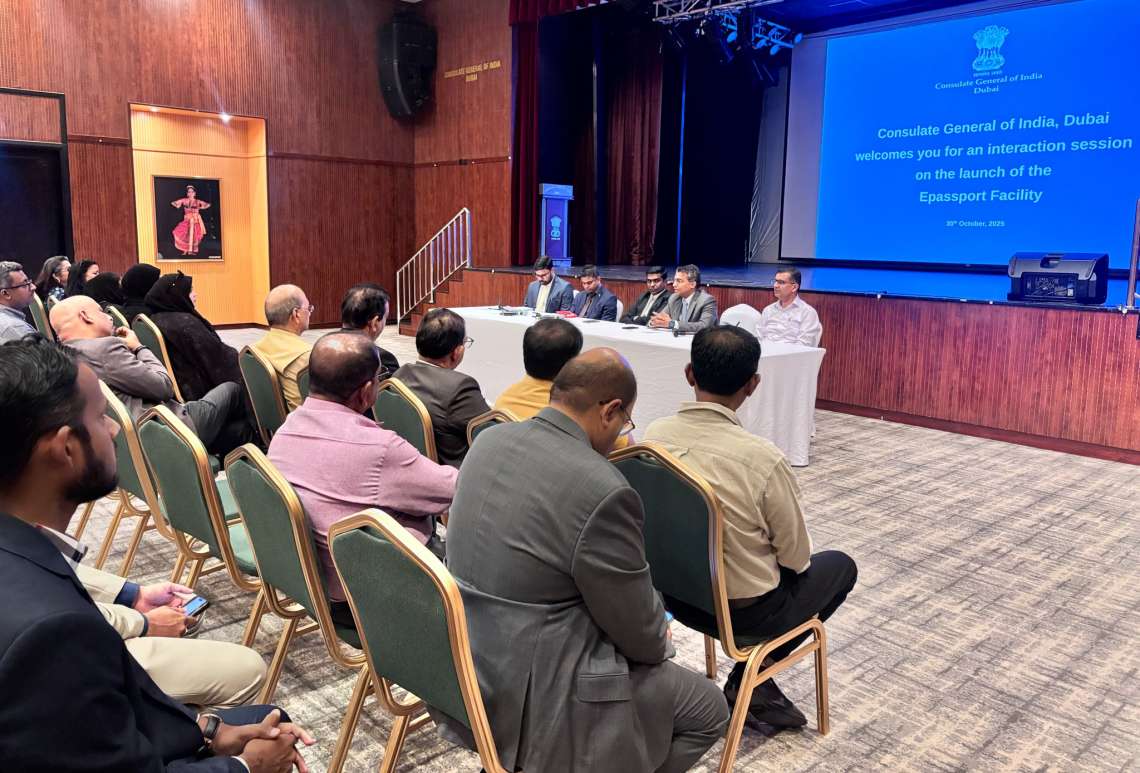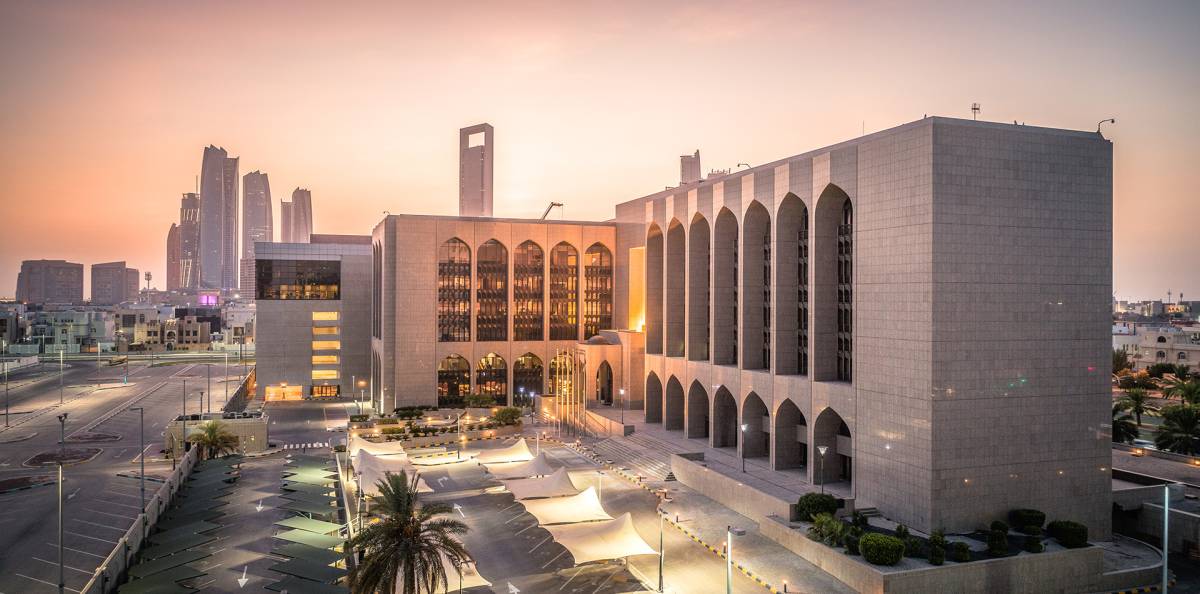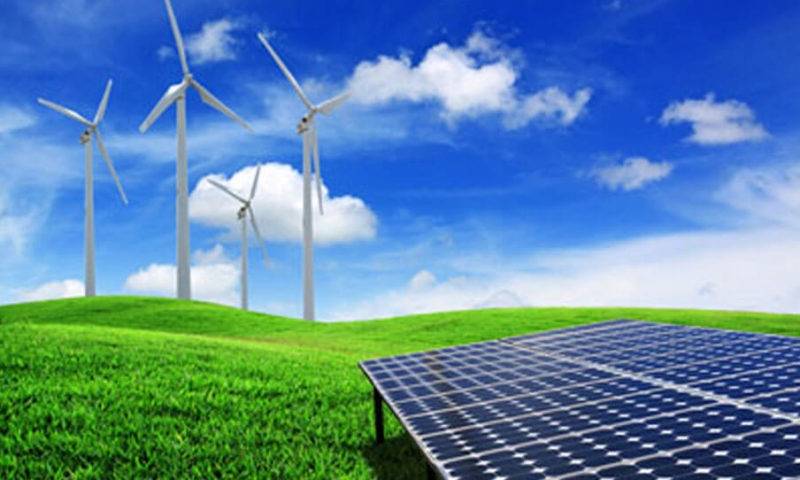A total of 72097.85 MHz of spectrum with a validity period of 20 years will be put to auction to be held by the end of July, 2022, reports India Daily Newsdesk
India will get a full-fledged 5G services by March 2023, said Union Communications Minister Ashwini Vaishnaw, shortly after union cabinet approved the auction for 5G spectrum.
A total of 72097.85 MHz of spectrum with a validity period of 20 years will be put to auction to be held by the end of July, 2022. The auction will be held for spectrum in various Low (600 MHz, 700 MHz, 800 MHz, 900 MHz, 1800 MHz, 2100 MHz, 2300 MHz), Mid (3300 MHz) and High (26 GHz) frequency bands.
Vaishnaw said that the auction of the 5G spectrum will be completed by July end.
“Telecom is the primary source of digital consumption and it is very important to bring trusted solution in telecom. India has its own stack of 4G like radio, equipment and handset. 4G is ready to deploy in the field and 5G is ready in the lab, and 5G will be ready to deploy in March 2023,” Vaishnaw told news agency ANI at Viva Technology 2022 event.
“The technology, core network behind 5G services should be built up by India, that would be an achievement for the country,” said Vaishnaw. “After the auction, we will have consultations with the telecom service providers and will try to come with 5G services as soon as possible.
It is expected that the Mid and High band spectrum will be utilised by Telecom Service Providers to roll-out of 5G technology-based services capable of providing speed and capacities which would be about 10 times higher than what is possible through the current 4G services.
The Cabinet announced various progressive options with regard to the spectrum to be acquired by bidders through the forthcoming spectrum auction for facilitating ease of doing business.
For the first time ever, there is no mandatory requirement to make upfront payment by the successful bidders. Payments for spectrum can be made in 20 equal annual installments to be paid in advance at the beginning of each year.
This is expected to significantly ease cash flow requirements and lower the cost of doing business in this sector. The bidders would be given an option to surrender the spectrum after 10 years with no future liabilities with respect to balance installments.
The spectrum auction will be benefitted by the Telecom Sector Reforms announced in September, 2021. The reforms include zero Spectrum Usage Charges (SUC) on the spectrum acquired in the upcoming auction, providing a significant relief to the service providers in terms of the operating cost of telecom networks. Further, the requirement of submitting a financial bank guarantee equivalent to one annual instalment has also been done away with.
The government said that the 4G ecosystem created in the country is now leading to 5G indigenous development. The 5G test bed setup in eight top technology institutes of India is speeding up the launch of domestic 5G technology in India.
Spectrum is an integral and necessary part of the entire 5G ecosystem. The upcoming 5G services have the potential to create new age businesses, generate additional revenue for enterprises and provide employment arising from the deployment of innovative use-cases and technologies.
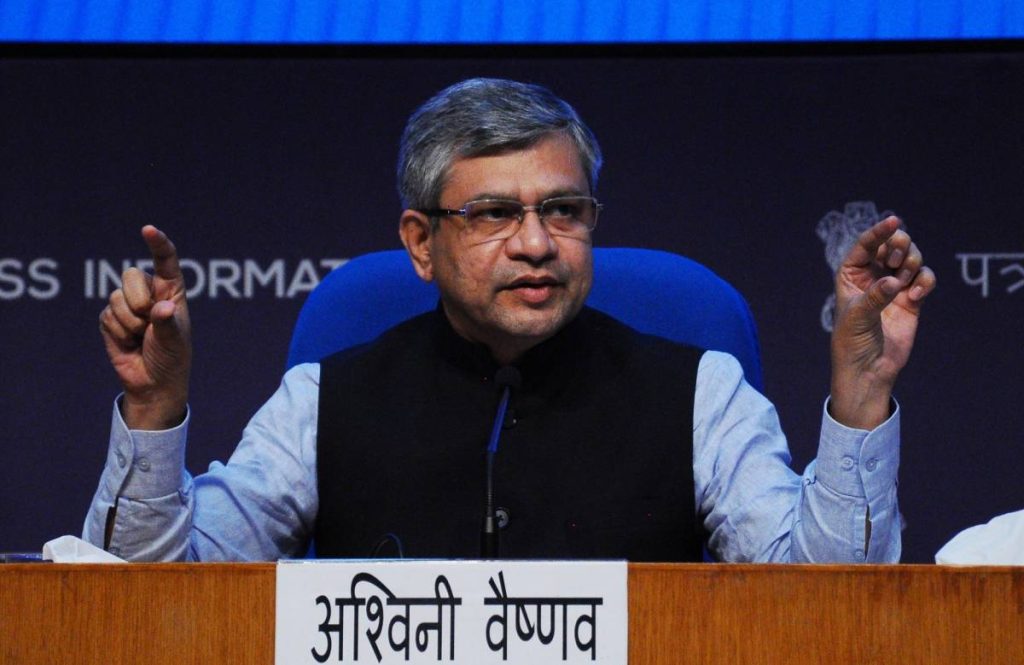
The availability of sufficient backhaul spectrum is also necessary to enable the roll-out of 5G services. To meet the backhaul demand, the Cabinet has decided to provisionally allot two carriers of 250 MHz each in E-band to the Telecom Service Providers.AThe Cabinet also decided to double the number of traditional Microwave backhaul carriers in the existing frequency bands of 13, 15, 18 and 21 GHz bands.
The Cabinet also decided to enable the development and setting up of Private Captive Networks to spur a new wave of innovations in Industry 4.0 applications such as machine to machine communications, Internet of Things (IoT), Artificial Intelligence (AI) across automotive, healthcare, agriculture, energy, and other sectors.AThe government noted that Broadband, especially mobile broadband, has become an integral part of the daily lives of the citizens. This received a big boost through the rapid expansion of 4G services across the country since 2015.
Eighty crore subscribers have access to broadband today compared to ten crore subscribers in 2014.
ALSO READ-5G soon in India


